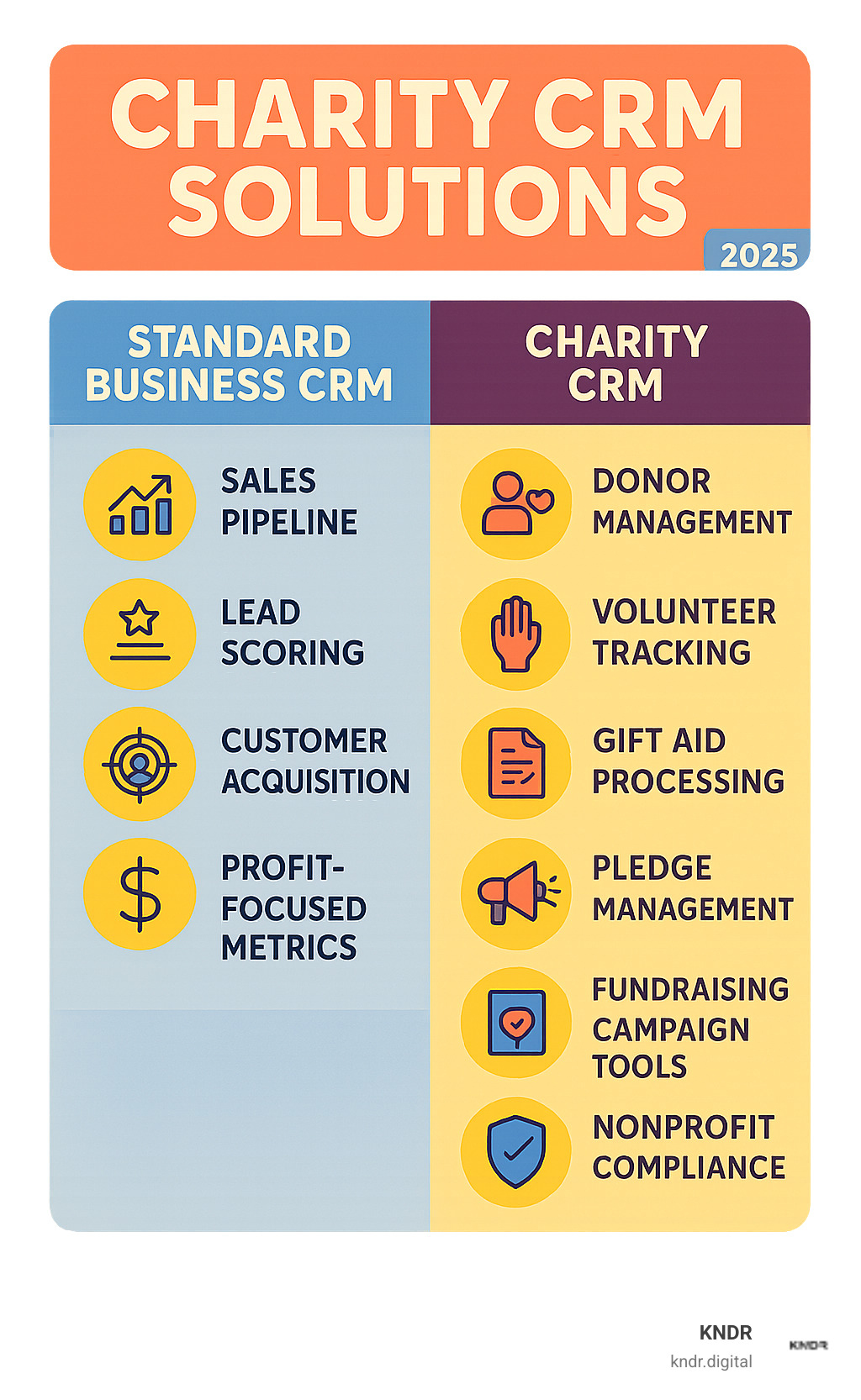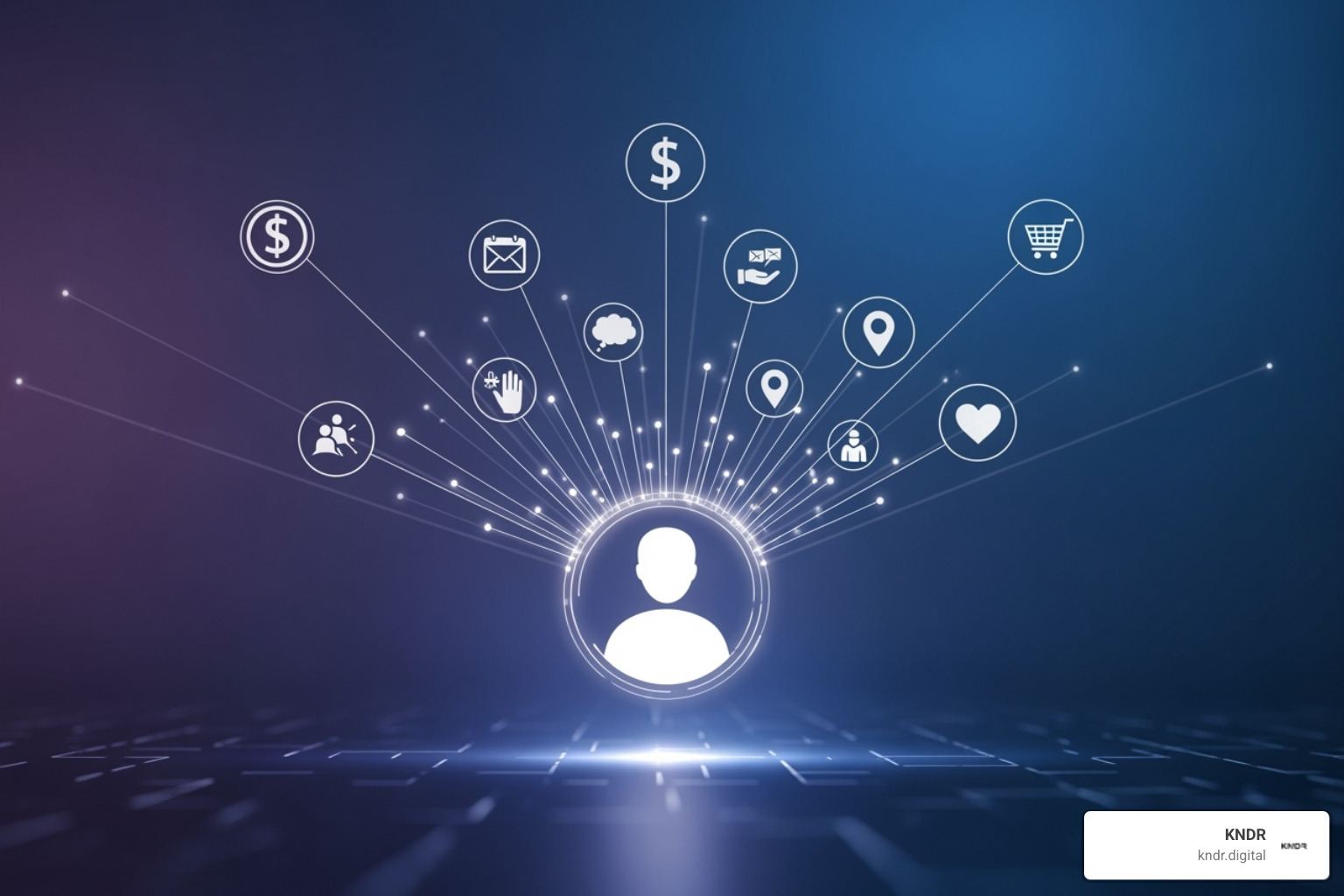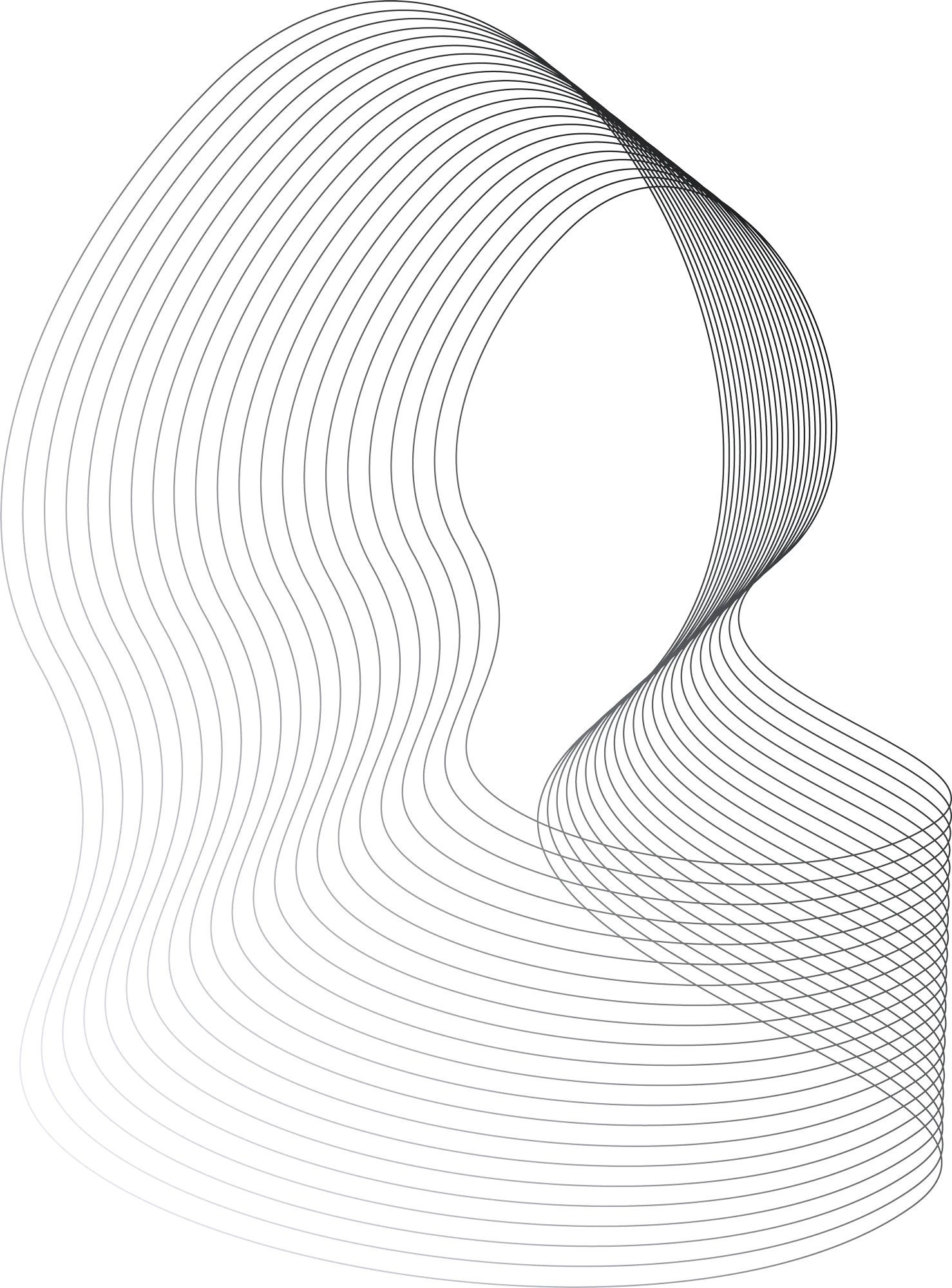Charity CRM Solutions That Actually Make Fundraising Easier

Why Modern Charities Need Purpose-Built CRM Solutions
Charity CRM solutions are specialized software platforms designed to help nonprofits manage donor relationships, streamline fundraising, and track supporter engagement. They are built to address the unique challenges mission-driven organizations face.
Many nonprofit leaders juggle multiple spreadsheets and struggle with donor data spread across different systems. This often leads to teams spending more time on administrative tasks than connecting with supporters. While 67% of nonprofits use a CRM, many are still using systems that weren't built for their specific needs.
The difference between a standard business CRM and a charity-focused solution is significant. Business CRMs focus on converting leads into customers, while charity CRMs are designed to build long-term relationships with donors, volunteers, and beneficiaries. They include features like Gift Aid processing, pledge management, and volunteer scheduling that for-profit CRMs lack.
The right system can transform an organization's ability to raise funds and engage supporters. The key is finding a solution that matches your organization's size, budget, and specific mission requirements.

Charity CRM solutions terms to remember:
What Makes a Charity CRM Different from a Standard CRM?
While a standard business CRM is a sales machine focused on converting leads, a charity CRM is a powerful tool built to nurture lasting relationships with a community of supporters. A charity CRM solution is purpose-built to engage with a diverse ecosystem of donors, volunteers, grantmakers, and beneficiaries. The language shifts from "customers" and "sales pipelines" to "constituents" and "supporter journeys," reflecting a fundamental difference in goals: mission impact over profit.
These specialized systems include crucial nonprofit functionalities like seamless donation processing, Donation Tracking Software, and fundraising compliance features. Many also offer unique nonprofit pricing models, aligning with the Charity Digital Code of Practice by encouraging effective use of digital tools.
The Shift from Sales Funnels to Supporter Journeys
Unlike a traditional sales funnel, the nonprofit world focuses on a "supporter journey." This approach prioritizes long-term stewardship over a single transaction. Charity CRM solutions are designed to manage this nuanced journey.
The shift is clear:
- From lead conversion to donor stewardship, building lasting trust.
- From customer lifetime value to deep supporter engagement, valuing all contributions, including time and advocacy.
- From a transactional to a deeply relational focus, where every interaction deepens the connection.
This relational approach is the core of effective Donor Relationship Management, helping you tailor outreach to supporter motivations.
Built-in Tools for Nonprofit Operations
What truly sets charity CRM solutions apart are the specialized, built-in tools that handle daily nonprofit operations and save countless hours:
- Gift Aid processing: Automates claims on eligible donations for UK charities to maximize fundraising.
- Pledge management: Effortlessly tracks multi-year pledges and installment plans for a clear financial picture.
- In-kind donations: Tracks and values non-monetary contributions of goods or services for accurate reporting.
- Volunteer scheduling and management: Streamlines recruiting, shift assignments, hour tracking, and communication.
- Grant lifecycle tracking: Simplifies managing grant applications, reporting, and funding milestones.
These features, along with Fundraising Campaign Management tools, make a charity CRM an operational backbone, freeing your team to focus on your mission.
The Core Benefits: How a CRM Transforms Fundraising and Engagement
Imagine seeing a supporter's entire history at a glance: every donation, volunteer hour, and conversation. With charity CRM solutions, this is a reality. These systems transform how you work, raise money, and build lasting connections with your supporters.

At its core, a charity CRM provides a complete, 360-degree view of every supporter. This holistic picture helps you work smarter, build deeper relationships, and improve your Nonprofit Fundraising ROI.
Centralize All Supporter Data in One Place
Scattered donor information in spreadsheets and email lists creates "data silos," making it impossible to get a full picture of a supporter's involvement. A strong charity CRM solution eliminates this by acting as your "single source of truth."
It brings all information together so your entire team—from fundraising to marketing—sees the same up-to-date data. This improves collaboration and ensures every supporter has a smooth, personalized experience. A central hub is the foundation for effective Donor Management Software, helping you understand and appreciate everyone who supports your cause.
Automate Tasks and Free Up Your Team's Time
Repetitive administrative work can drain your team's time and energy. Charity CRM solutions act as an extra set of hands by automating routine jobs, freeing your team to focus on your mission.
These systems can handle tasks like:
- Automated gift acknowledgements that instantly send personalized thank-you notes and tax receipts.
- Scheduled reports that land in your inbox automatically.
- Communication workflows for welcome emails or event reminders.
- Task assignments to ensure no donor interaction is missed.
By handling this background work, CRMs allow your team to build real connections and make smarter decisions. Learn more in our guide on How to Automate Marketing for Nonprofits.
Gain Actionable Insights with Robust Reporting
Data without good reporting is just a collection of numbers. Charity CRM solutions turn raw data into actionable insights, helping you make strategic choices for your mission.
Powerful reporting tools let you easily monitor key metrics like:
- Donor retention rates: Identify who is staying engaged and who needs extra attention.
- Campaign effectiveness: See which messages resonate with your audience to improve future campaigns.
- Fundraising forecasting: Use past trends to get a clearer picture of future income for better planning.
This insight is vital for Data-Driven Fundraising. It allows you to stop guessing and start making confident decisions. Explore this further in our guide on Top Nonprofit Analytics Platforms Compared for 2025.
A Roundup of Essential Features in Modern Charity CRM Solutions
When searching for charity CRM solutions, look beyond a simple address book. Modern CRMs are powerhouses packed with specialized tools for donor engagement and fundraising. Key considerations include scalability, seamless integration capabilities, and a positive user experience. Your CRM should be a cornerstone of your Charity Fundraising Platform.
Comprehensive Donor and Constituent Management
This is the heart of any great charity CRM solution. A comprehensive system should offer:
- Detailed contact records with communication preferences and notes.
- A complete interaction history, logging every touchpoint from donations and emails to event attendance and volunteer shifts.
- Relationship mapping to understand connections between individuals, households, and organizations, revealing powerful support networks.
- Communication preference tracking to build trust and ensure messages are effective.
This 360-degree view enables effective personalization and is key to Donor Segmentation Best Practices.
Powerful Fundraising and Donation Processing Tools
A top-tier charity CRM solution must be a fundraising engine. Look for robust tools that simplify giving and campaign management:
- Online donation forms that are customizable and integrate directly with the CRM.
- Effortless management of recurring giving programs to build a stable revenue stream.
- Peer-to-peer fundraising tools that empower supporters to fundraise on your behalf.
- Seamless payment processor integration to securely process various payment methods.
These tools form the backbone of an efficient Automated Donation System and increase fundraising success.
AI-Powered Analytics and Personalization
Artificial Intelligence (AI) is becoming a powerful ally for nonprofits, helping to deepen supporter understanding and personalize engagement. AI-powered features in charity CRM solutions can offer:
- Predictive modeling to forecast which donors are likely to give again or upgrade their giving.
- Major gift indicators to identify individuals with the capacity for significant contributions.
- AI-driven communication suggestions that recommend the best time, channel, and content for outreach.
AI makes fundraising smarter and open ups new potential. Learn more with The Complete Guide to AI-Powered Donor Segmentation and explore AI Nonprofit Fundraising.
Your Roadmap to Choosing and Implementing the Perfect CRM
Choosing and implementing a new CRM is a significant investment of time and resources, but the rewards in efficiency and deeper supporter relationships are immense. Strategic planning, a clear needs assessment, careful data handling, and strong team buy-in are essential for success. This process is a vital part of your charity's Charity Digital Change journey.
How to Choose the Right Charity CRM Solution for Your Needs
Before looking at software, gather your team to define what you need. To guide your selection process for a charity CRM solution, follow these steps:
- Define your objectives: Are you trying to improve donor retention, streamline event management, or boost online fundraising? Clear goals will narrow your options.
- Assess your budget: Look beyond the monthly fee to include implementation, training, and potential add-on costs. Many providers offer discounts for nonprofits.
- Evaluate scalability: Ensure the system can grow with your donor base and programs without slowing down.
- Check for essential integrations: Your CRM must connect smoothly with your existing accounting, email, and payment processing tools.
- Request demos: Get hands-on with the software and involve key team members to ensure it's intuitive and meets daily needs. Ask about support and training.
Navigating the Implementation and Adoption Process
Implementation is a significant organizational change that requires careful planning.
- Data cleansing: Before migration, clean your existing records. Remove duplicates, update information, and standardize formats to avoid the "garbage in, garbage out" problem.
- Data migration plan: Work with your provider or a partner to develop a detailed plan for transferring historical data into your new CRM.
- Staff training: Provide hands-on, continuous training to make your team feel confident with the new system.
- Phased rollout: Consider starting with a core team or specific functions to make adjustments and build confidence.
- Champion users: Identify enthusiastic team members to become internal experts and advocates.
- Ongoing support: Ensure you have access to help desks and resources. The biggest hurdle is often user adoption, so training and support are vital.
Understanding Common Charity CRM Pricing Structures
Most charity CRM solutions offer flexible pricing models. Common structures include:
- Per-user-per-month: A set fee for each team member who needs access.
- Tiered pricing based on contacts: The price is based on the number of constituent records in your system.
- One-time setup fees: An initial charge for implementation, data migration, and training.
- Free and discounted plans: Many providers offer free basic versions or significant discounts for eligible nonprofits, so always ask.
When comparing, consider the total cost of ownership, including add-ons and support, to find a solution that offers the best long-term value.
Frequently Asked Questions about Charity CRM Solutions
Diving into charity CRM solutions can bring up many questions. Here are straightforward answers to some of the most common ones to help guide your journey.
Can a very small charity or new nonprofit benefit from a CRM?
Yes, absolutely. Starting with a CRM early is one of the smartest moves a new or small nonprofit can make. It's a myth that these systems are only for large organizations.
Many charity CRM solutions are built to be scalable, offering budget-friendly or even free basic plans that can grow with you. Adopting a CRM from the start helps you build good data habits, keeping information clean and organized without relying on messy spreadsheets. This prevents future headaches and boosts your professionalism, which can help build trust and secure early funding.
How do we get our existing data into a new CRM?
Moving existing data into a new CRM requires careful planning. The first step is "data cleansing": tidying up your current records by removing duplicates, fixing errors, and standardizing formats. This prevents the "garbage in, garbage out" problem.
Most CRMs provide tools to import data using standard formats like CSV files, where you map your data to the correct fields in the new system. For more complex migrations, many CRM providers or specialized consultants offer professional data migration services to ensure a smooth and accurate transfer. Accurate data is crucial for reliable reporting and building team trust in the new system.
What is the biggest challenge when adopting a new CRM?
While technical aspects can be challenging, the biggest hurdle is almost always "user adoption." The human element of change is often tougher than the technology itself.
People naturally resist new workflows. To overcome this, comprehensive and ongoing training is non-negotiable. When your team feels confident and supported, they are more likely to accept the new system. Strong leadership buy-in is also key; when leaders champion the CRM, it sets a positive example. Finally, ensure support is always available. The best technology is useless if your team doesn't use it effectively, so investing in your people is the secret to success.
Conclusion: The Right System and Partner Make All the Difference
We've explored what makes charity CRM solutions unique and how they can transform your daily work by centralizing data and automating tasks. These purpose-built systems are a strategic investment, empowering your team to manage relationships, streamline operations, and raise more funds for your mission.
By unifying data, automating repetitive work, and providing clear insights, the right CRM frees your team to focus on what matters: building genuine connections and making a tangible impact. In a changing fundraising landscape, embracing technology like AI-driven systems is essential for sustainable growth.
Having the right partner makes all the difference. At KNDR, we help nonprofits steer this digital landscape. As a dedicated Nonprofit Automation Agency, we use AI-driven systems to boost donations and deepen donor engagement through advanced automation and holistic digital strategies. We believe in real results, which is why we offer a unique results-based model: 800+ donations in 45 days, or you don't pay.
Choosing and implementing the right charity CRM solutions is a journey. With the right guidance and tools, you can open up generosity and amplify your mission.
Ready to transform your fundraising and boost your impact? Let us help you Boost your nonprofit's donations with an AI-driven strategy.




